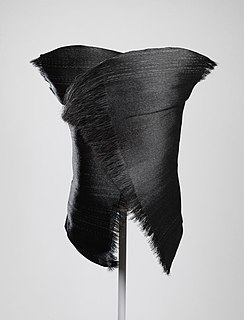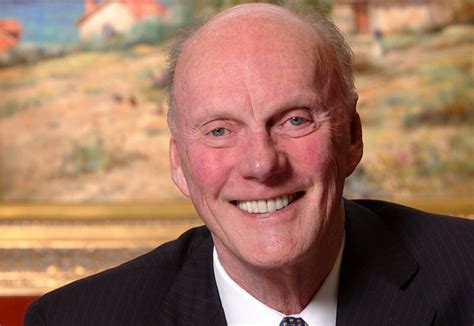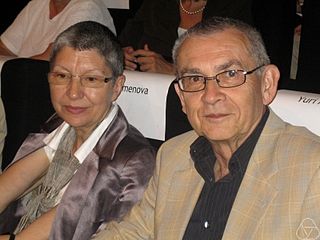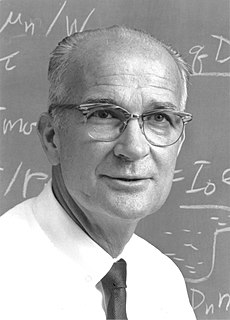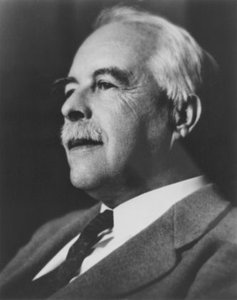A Quote by Willis R. Whitney
Necessity is not the mother of invention. Knowledge and experiment are its parents. It sometimes happens that successful search is made for unknown materials to fill well-recognized and predetermined requirements. It more often happens that the acquirement of knowledge of the previously unknown properties of a material suggests its trial for some new use. These facts strongly indicate the value of knowledge of properties of materials and indicate a way for research.
Related Quotes
I think the most important work that is going on has to do with the search for very general and abstract features of what is sometimes called universal grammar: general properties of language that reflect a kind of biological necessity rather than logical necessity; that is, properties of language that are not logically necessary for such a system but which are essential invariant properties of human language and are known without learning. We know these properties but we don't learn them. We simply use our knowledge of these properties as the basis for learning.
Making clothing is not just about the application of style and technique. At some stage, you want to experiment with new materials, or experiment in making materials. When you have a material to yourself, you get to make something totally new based on how that material acts. The access afforded by this tannery pushes you beyond your comfort or knowledge zone of hue and texture, forcing you - the designer - to think about how that flat plane will act when it enters the third dimension.
My desire for knowledge is intermittent; but my desire to bathe my head in atmospheres unknown to my feet is perennial and constant. The highest that we can attain to is not Knowledge, but Sympathy with Intelligence. I do not know that this higher knowledge amounts to anything more definite than a novel and grand surprise on a sudden revelation of the insufficiency of all that we called Knowledge before,—a discovery that there are more things in heaven and earth than are dreamed of in our philosophy.
There is no proof. There are no authorities whatever. No president, Academy, Court of Law, Congress or Senate on this earth has the knowledge or power to decide what will be the knowledge of tomorrow. There is no use in trying to prove something that is unknown to somebody who is ignorant of the unknown, or fearful of its threatening power. Only the good old rules of learning will eventually bring about understanding of what has invaded our earthly existence.
Of the properties of mathematics, as a language, the most peculiar one is that by playing formal games with an input mathematical text, one can get an output text which seemingly carries new knowledge. The basic examples are furnished by scientific or technological calculations: general laws plus initial conditions produce predictions, often only after time-consuming and computer-aided work. One can say that the input contains an implicit knowledge which is thereby made explicit.
When someone doesn't show up, the people who wait sometimes tell stories about what might have happened and come to half believe the desertion, the abduction, the accident. Worry is a way to pretend that you have knowledge or control over what you don't--and it surprises me, even in myself, how much we prefer ugly scenarios to the pure unknown. Perhaps fantasy is what you fill up maps with rather than saying that they too contain the unknown.
Frequently, I have been asked if an experiment I have planned is pure or applied science; to me it is more important to know if the experiment will yield new and probably enduring knowledge about nature. If it is likely to yield such knowledge, it is, in my opinion, good fundamental research; and this is more important than whether the motivation is purely aesthetic satisfaction on the part of the experimenter on the one hand or the improvement of the stability of a high-power transistor on the other.


